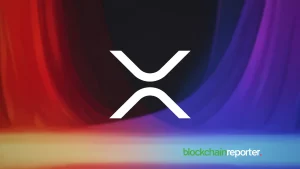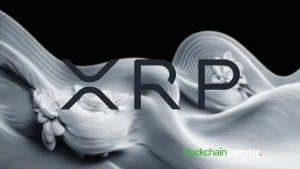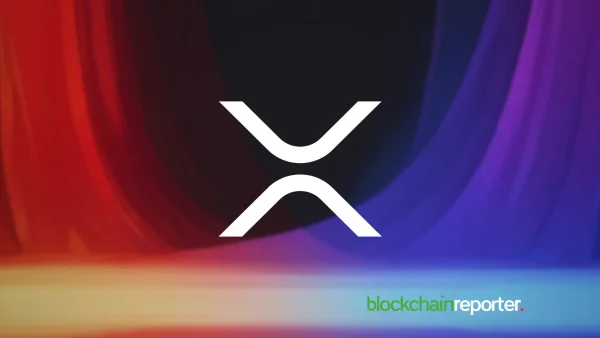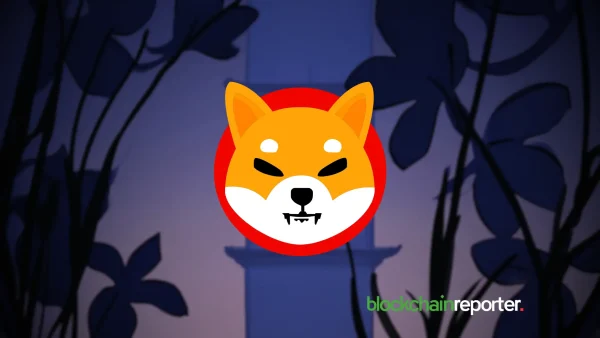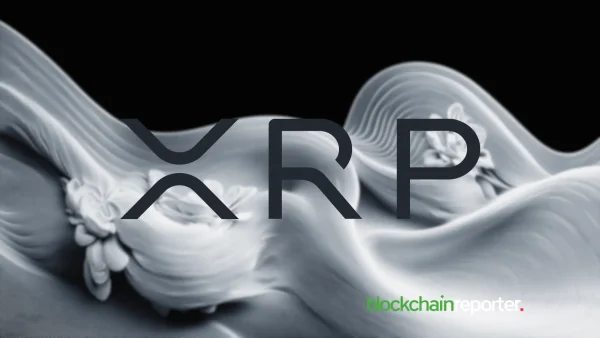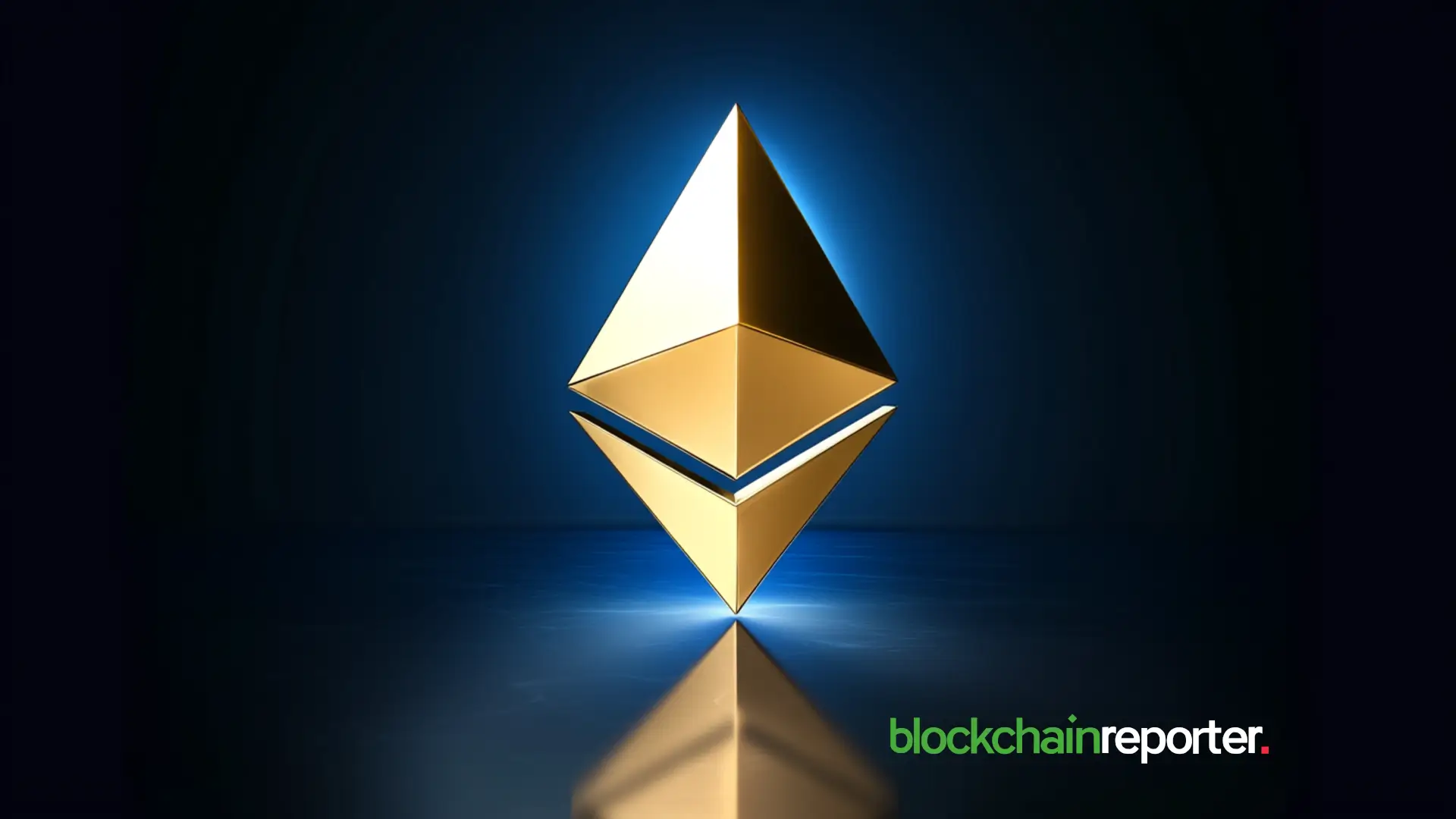
In an interview uploaded to the official Zcash youtube channel on September 13, 2018, Vitalik Buterin shares his evolving view on onchain governance. He makes special mention of EOS (EOS), calls its on-chain governance model ‘crazy’, and warns that it will enrich the 21 block producers at the expense of everyone else using the network.
What’s the Catch?
EOS, the fifth largest project in crypto by market cap, has made waves since its inception, with a year-long ICO that raised 4 billion USD, and one of the larger online communities. It is also a controversial project, however – Block producers have the ability to block transactions, even confiscate funds, something anathema to many in crypto, who feel that total control over your own tokens is the most important feature of the technology, with EOS’s model making it more like a centralized database than a cryptocurrency.
As it turns out, this power has been used several times already – to save funds compromised by hackers.
Vitalik on Zcash Interview
Many prominent members of the crypto space have strong opinions on EOS as well. In an interview with Zcash, Vitalik Buterin, founder of Ethereum (ETH), shared his views.
The 21 Block Producer slots are filled through a vote by EOS holders – but only 17% of EOS tokens are actually voting. So right from the start that creates a fairly low threshold for how many tokens you need to secure your own slot without relying on other people’s votes. And once you are in, you are part of a special elite who get to mint new blocks and new tokens and give those tokens to yourself.
In total, the inflation rate is 5%; 1% to block producers, and 4% set aside for community efforts and rewards – which are of course distributed by vote.
What this inflation creates is a situation where the people who have secured the most votes, either by amassing their own supply or convincing others to vote for them, receive a greater portion of the wealth and voting power in the network over time – making it more likely they will be able to secure a spot as block producer again, and continue the spiral.
Vitalik does mention that there are upsides to EOS’s governance structure – the block producers do have a strong financial incentive to look after the welfare of the chain and the ecosystem, and the 4% set aside for rewards can create confidence that efforts to improve the project will be rewarded.
Still, at the end of the day it is not a model the founder of Ethereum would like to see applied to his own project, or to other giants in the space.
Ultimately we are yet in the early days of crypto, and a wide variety of block architectures and governance models will only help the space grow, as we find out through trial and error and market forces which projects will ultimately succeed.

